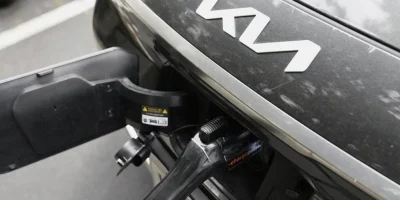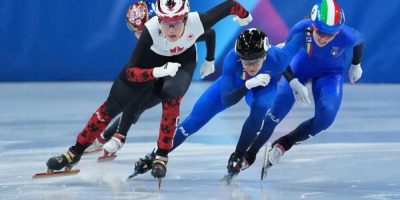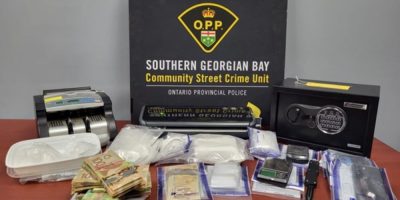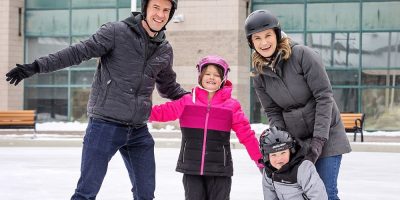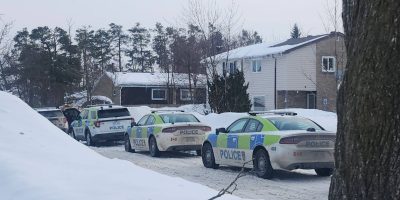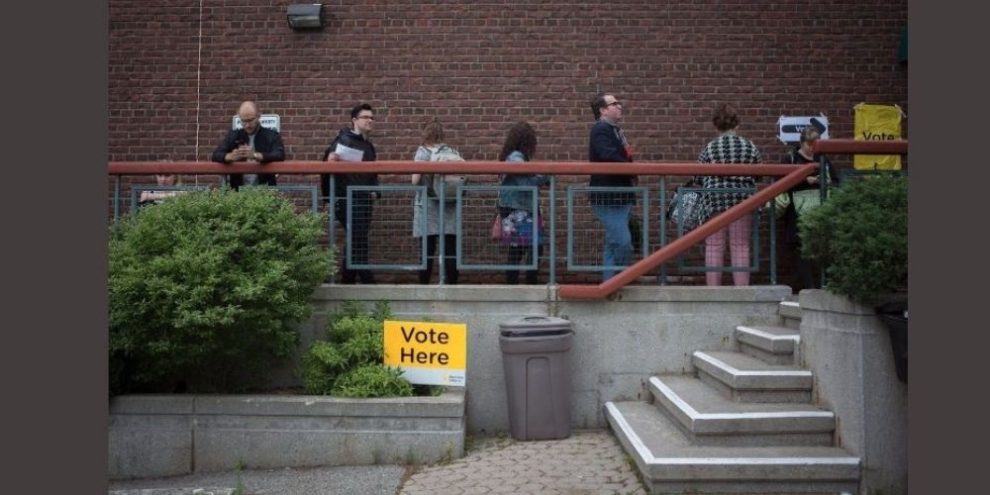
By Allison Jones in Toronto
Ontario's election campaign sputtered toward its conclusion Tuesday, with the front-runner appearing to coast to the finish line and the possible runner-up casting doubt on her own future as leader.
Polls suggest that the Tories, led by Doug Ford, are poised to win a second majority government and that neither the NDP nor the Liberals have pulled away enough to become the clear second-place challenger. The numbers are largely stalled where they were at the start of the campaign.
Voters don't seem to be particularly excited about the choices in this election, said Shachi Kurl, president of the Angus Reid Institute.
Recent polling by her firm found that Ford is the top choice for premier, but with only 35 per cent, and NDP Leader Andrea Horwath is statistically tied around 20 per cent with "not sure."
"In a couple of cases you see that parties are actually running ahead of their leaders in terms of approval or appeal, so people are sticking to their party bases, rather than feeling excited about or inspired by a leader on offer," she said in an interview.
"The fact that half of voters in Ontario, were as motivated by keeping a party that they don't like out of power, rather than voting for a party that they really want to see win, those are pretty significant indicators of just sort of the meh or the blah factor that voters are feeling."
The last election, in 2018, was what is deemed a "change" election, with the electorate at large wanting the Liberals out of power after 15 years. In this campaign, even if the majority of voters aren't particularly enamored with Ford, there isn't an overwhelming drive to replace him with someone else, Kurl said.
Voters have seen Horwath lead the NDP through three other general elections and still aren't drawn to her message enough to give her a win, and they also don't seem to think it's time for the Liberals to come back to power, she said.
"Usually, when you have a change election after such a long period of time, as we saw in 2018, it's not two minutes in the penalty box," Kurl said.
"It's usually a game misconduct that lasts more than one election cycle."
Horwath on Tuesday wouldn't guarantee that she will remain as NDP leader after the election, even if her party forms Official Opposition again but with a reduced number of seats.
"On Thursday, people will make their decision and what I will commit to you at this point is that I will always be fighting for people and I will always work to make life better for folks," she said during a campaign event.
"After (the vote) happens, it will determine what happens next, but I will never stop fighting for folks, ever."
Many observers expect her to step down if her party doesn't form government this time. Experts had also predicted she might step down in 2018 if the NDP didn't win – which appeared possible for about a week during the last campaign – but she stayed on after the NDP catapulted out of its third-party status by nearly doubling its seat count, partly assisted by the collapse of the Liberal vote.
On Tuesday, Liberal Leader Steven Del Duca said Ford's team has him insulated from the public so that he can "sleepwalk" toward another victory, but he's hearing voters tell a different story on the campaign trail.
"We know that Doug Ford has been stuck in a bubble since well, frankly, before this campaign began," he said at a campaign event.
"The conversations I'm having with people right now, everywhere across Ontario, the crowds that I'm seeing it every one of my stops, that tells me that Ontarians are going to burst Doug Ford's bubble Thursday night."
Ford spent several days during the campaign either holding no events or holding only "photo ops," at which there are no opportunities for reporters to ask questions about his plan.
- with files from Stephanie Taylor in Ottawa.
This report by The Canadian Press was first published May 31, 2022.

